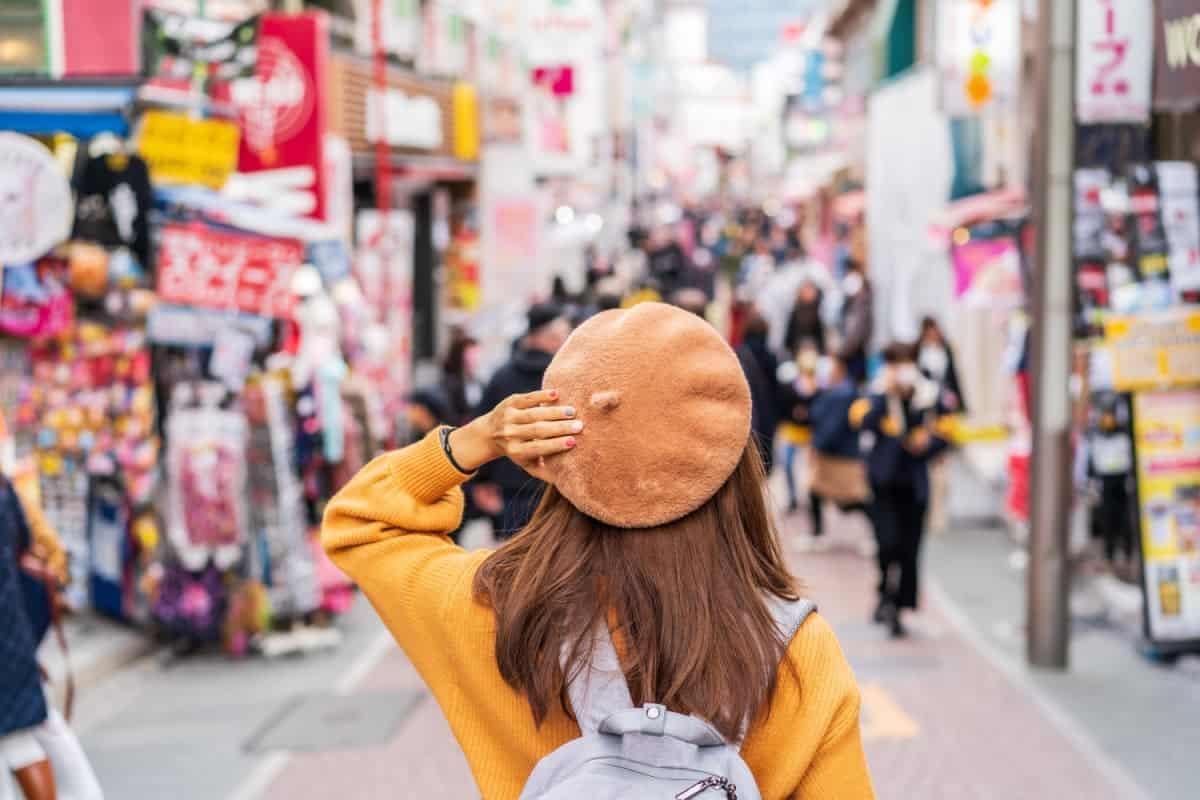Demand for solo trips is reaching all-time highs, indicating that most of us are moving away from the idea that traveling is exclusively a group activity.
Still, solo travel can be as challenging as it is rewarding, with tourists fearing for their safety once they find themselves in a foreign country whose customs and unwritten laws they’re not familiar with.
That’s why doing your due diligence when finding your destination of choice can go a long way in ensuring you have a fun, peaceful trip.
According to a recent report by The Independent, there’s one Asian country that stands out in terms of the level of safety it provides to tourists — Japan.
What Makes Japan Particularly Safe?
There’s a mix of socioeconomic factors that put Japan in almost every “Safest Countries In The World” list you’ll come across. Let’s explore them a bit more in-depth.
Cultural Values
The Japanese put a lot of importance on promoting a sense of social harmony and respect for authority, values that largely impact how certain people or actions are perceived by society.
The country reinforces a strong stigma associated with criminal behavior, with communities often ostracizing offenders.
That way, even when financial penalties or jail time aren’t enough to deter wrongdoers, the possibility of facing disdain and backlash from their peers might just give them pause.
Beyond that, Japan is famous for the value it assigns to personal space.

That’s what makes it especially well suited for solo travelers looking to steer clear of suffocating crowds and curious eyes even when walking through busy streets.
Economic Factors
The positive correlation between crime and poverty has been well-documented. Seeing as Japan boasts a relatively high standard of living, there’s a natural reduction of desperate-driven crimes.

Though Japan’s level of safety can’t be attributed to a single variable, when you combine all of the factors mentioned above, you get to the ultimate end goal – a low crime rate and a high safety index.
Low Crime Rates
These last few years, Japan’s crime rate has hovered around 0.25 per 100,000 people. In comparison, the crime rate in the U.S. has been estimated to range between 4.93 – 6.81 during the same timeframe.
Though Japan has experienced a 21.1% crime rate increase during the first half of 2023 if you were to compare the two countries, America’s rate would still be roughly 1766.67% higher.

The Safest Places In Japan
If you’re a solo traveler exploring Japan, sticking to busy touristy areas is your best bet when it comes to keeping yourself safe.
Cities like Tokyo, Osaka, Kushiro, and Kyoto are generally considered to be the safest when it comes to violent crimes.

Beware, however, that walking through crowded spaces does make you more susceptible to pickpocketing, so try to keep your belongings close at all times.
Though choosing to spend your vacation in big touristy cities might not be the most affordable option, there are still ways to stay within budget without sacrificing your safety.

As cheaper airlines start introducing new routes to Japan, airfare will become much more affordable, freeing up some of your budget and allowing you to choose a safer, though pricier, accommodation option.
Mistakes To Avoid As a Solo Traveler In Japan
While Japan boasts some of the lowest crime rates in the world, tourists still need to be cautious of potential dangers and take necessary precautions, especially if they’re traveling alone.
Considering some of the biggest mistakes travelers make while visiting Japan, there are a few tips to keep in mind.
Japan is a country that puts a lot of value in its cultural and moral code, which is why you must acquaint yourself with some basic traditions before you even book your tickets.

Certain actions, which you might deem benign (e.g., drinking in public), can be viewed as offensive, adding unnecessary risk to your trip.
Moreover, the crime rate statistics mentioned above don’t include petty theft, which is still pretty common in busier areas and packed trains, so do your best to stay aware of your surroundings and keep track of your belongings.
Lastly, if you’re planning on hiring a local guide, do thorough research beforehand and scour reviews and testimonies. Unlicensed tour services are common in the area, often leaving tourists out of money or, worse, stranded in dangerous situations.

